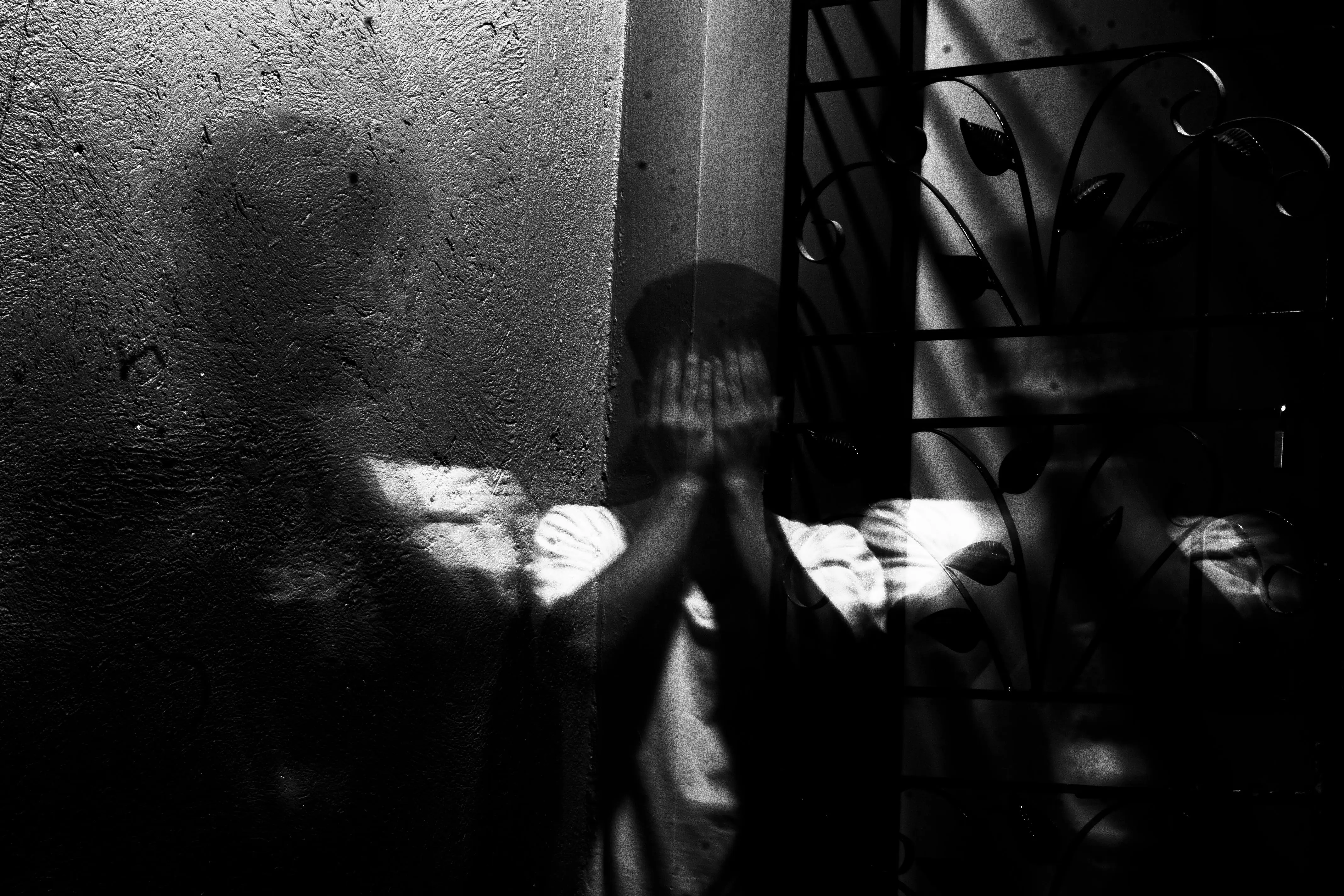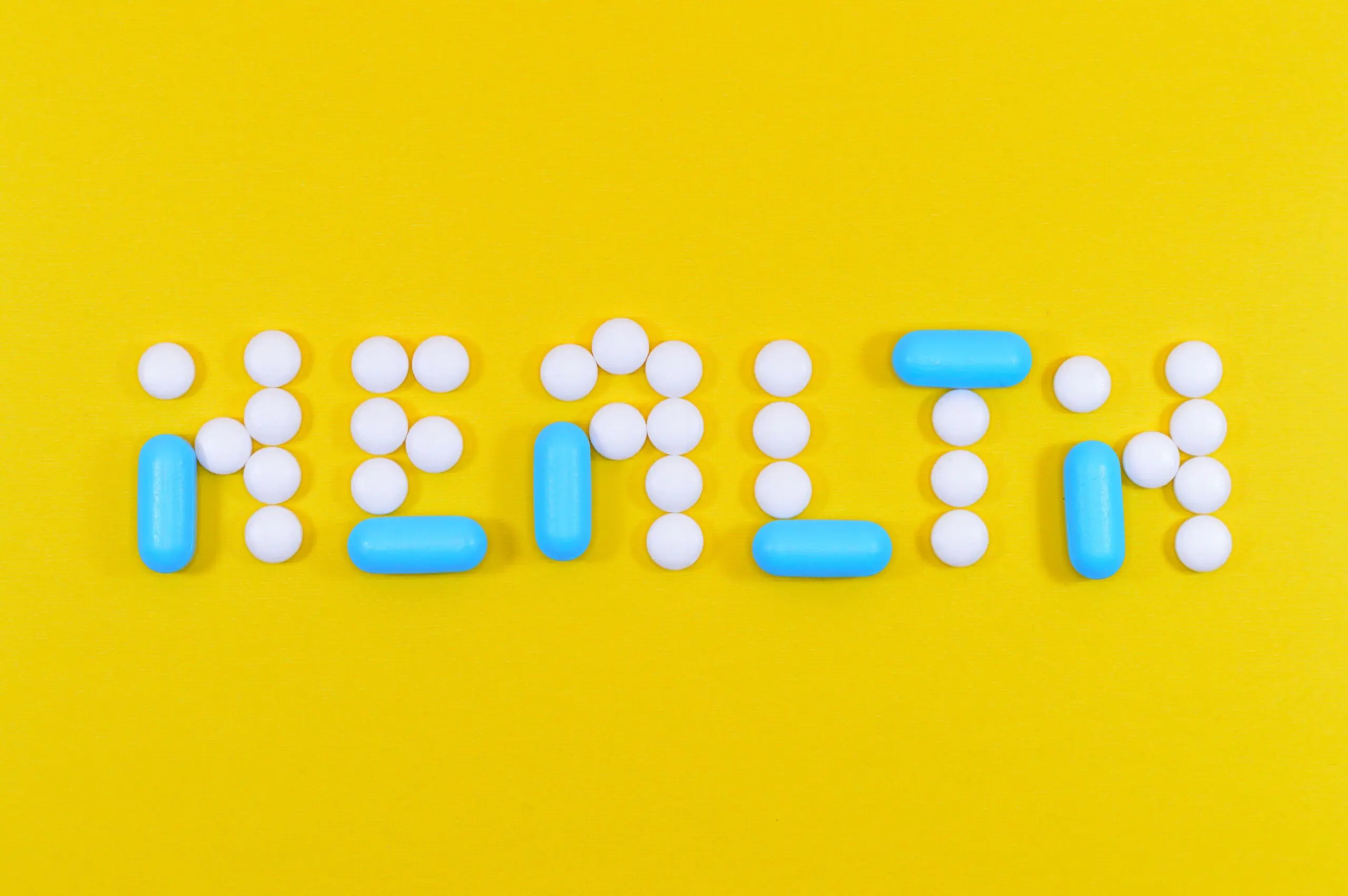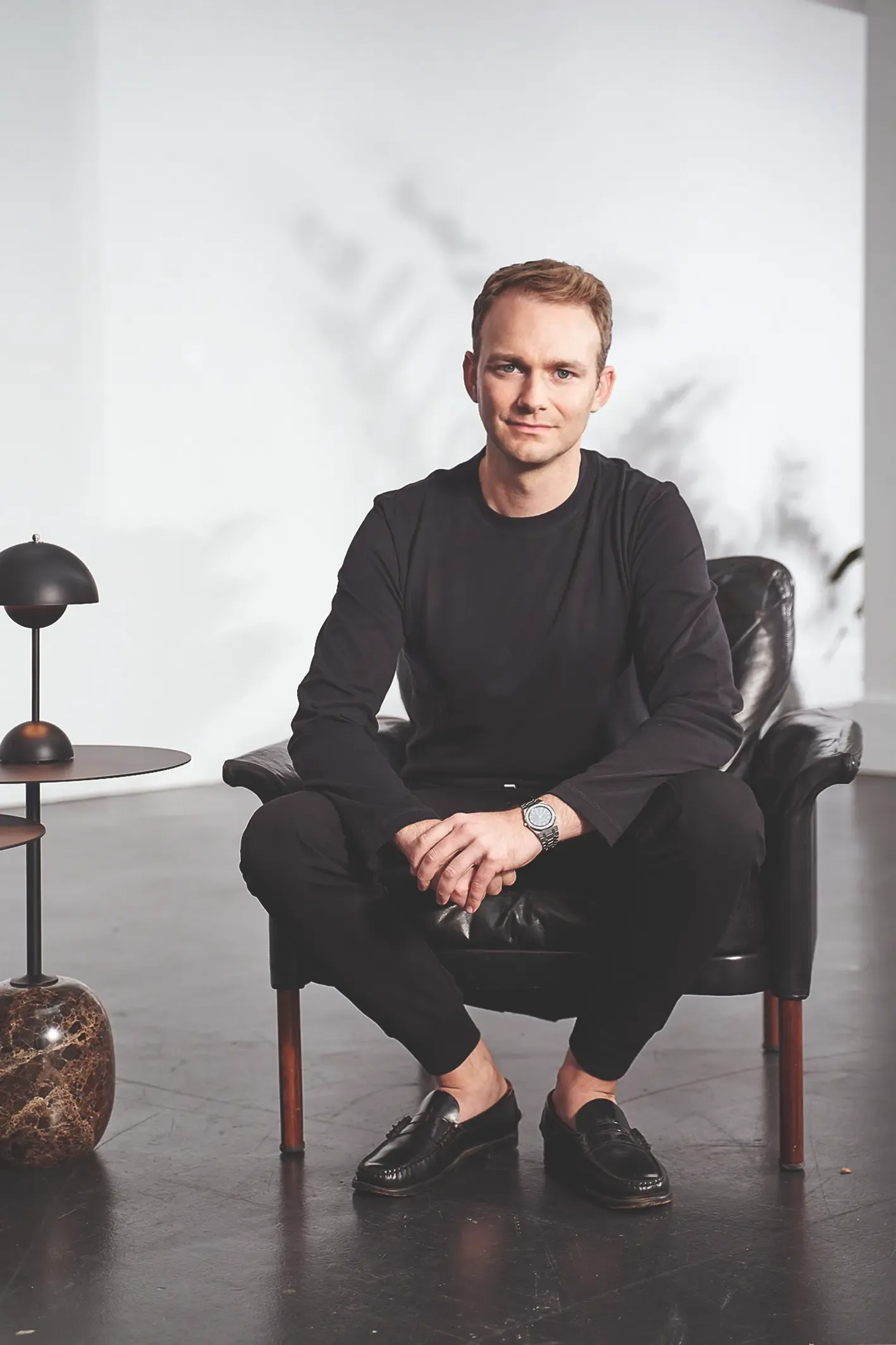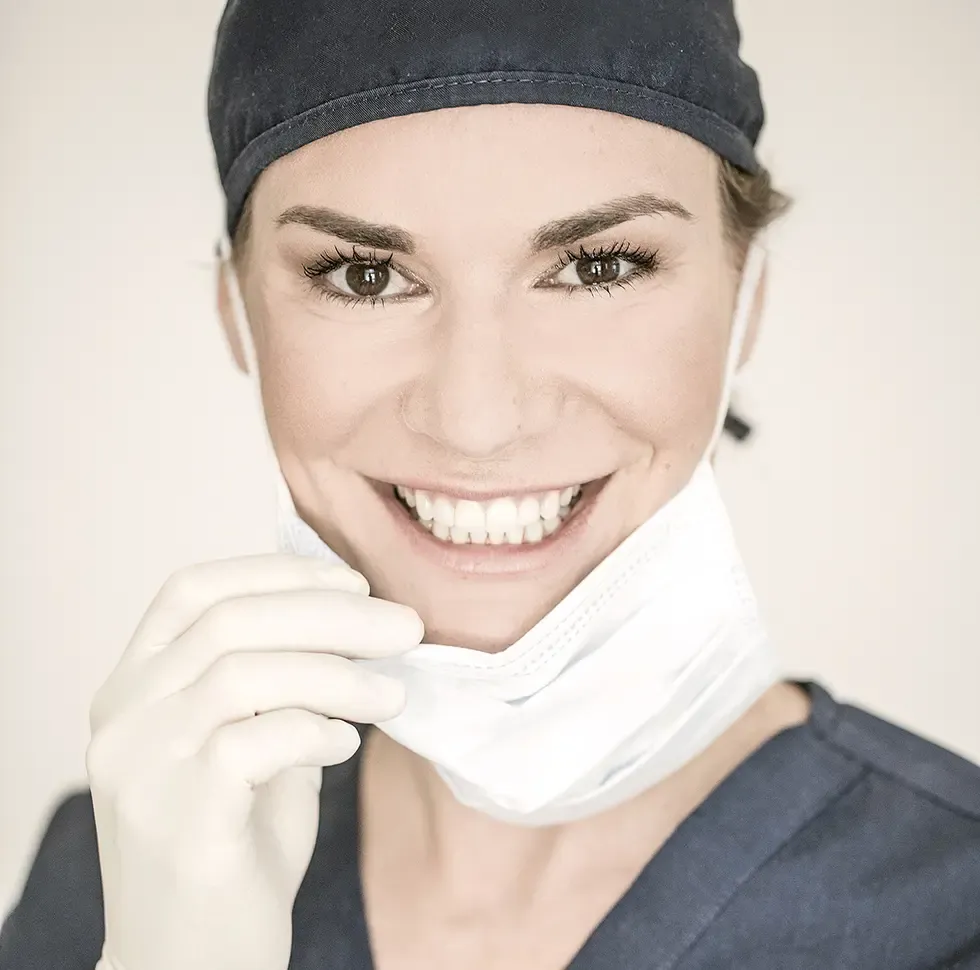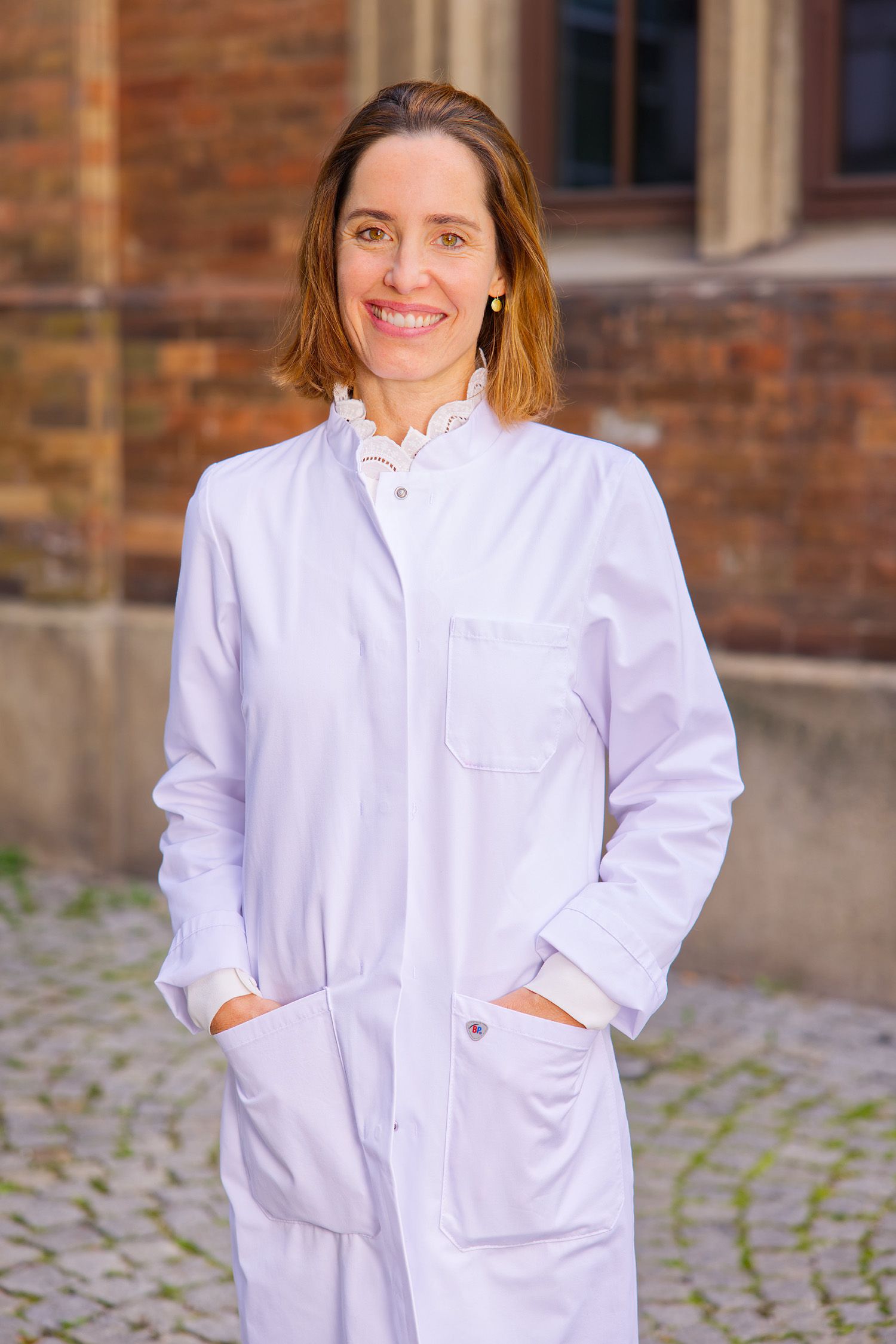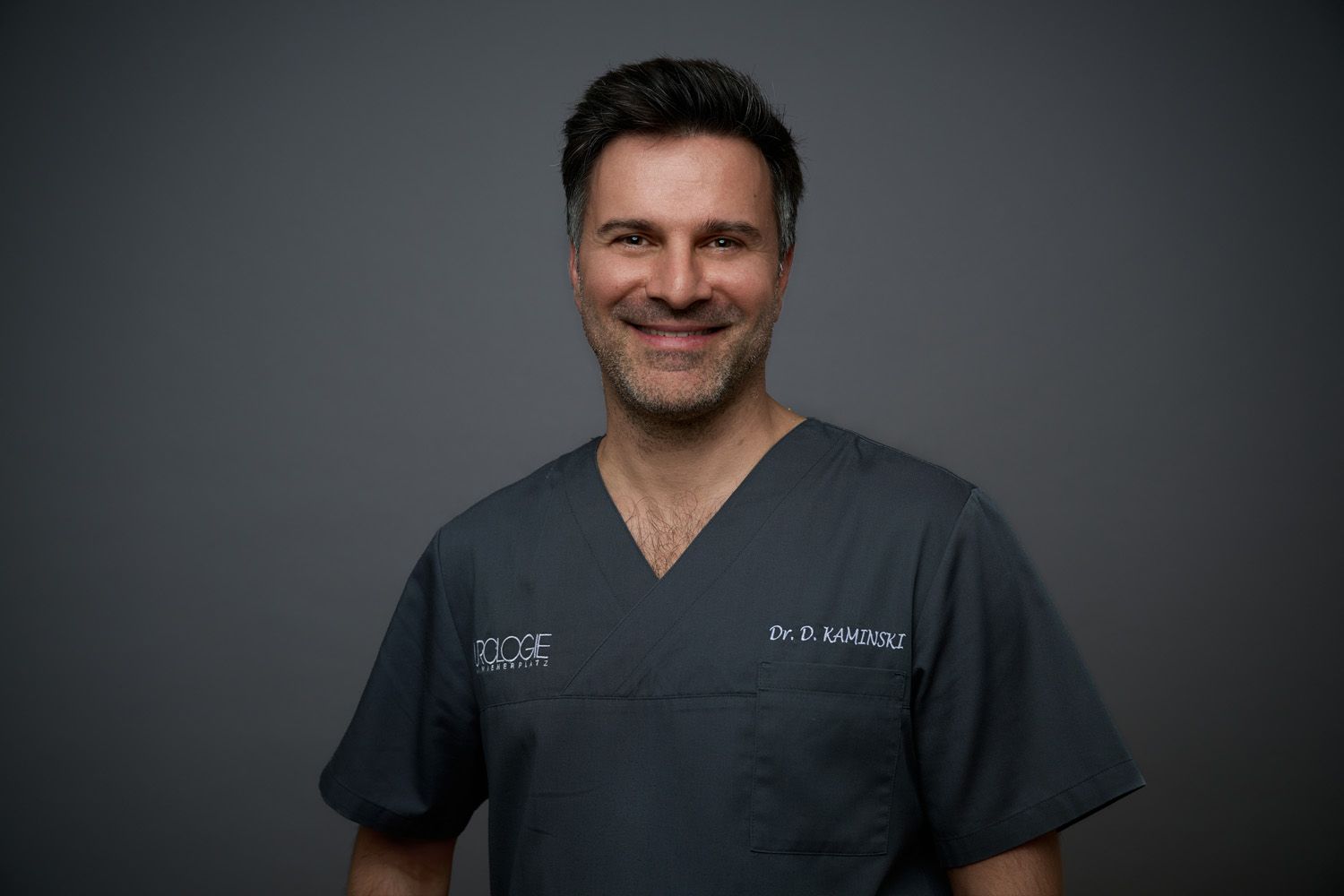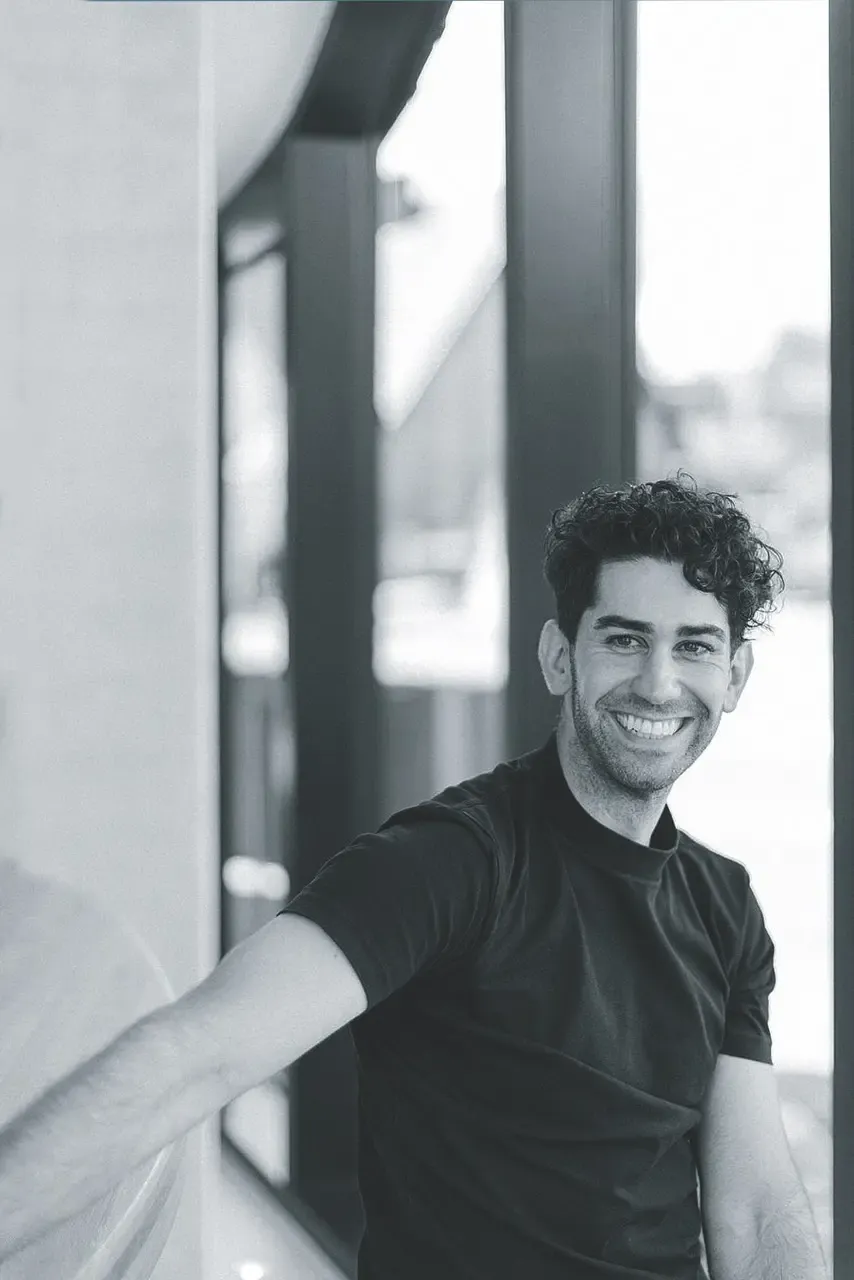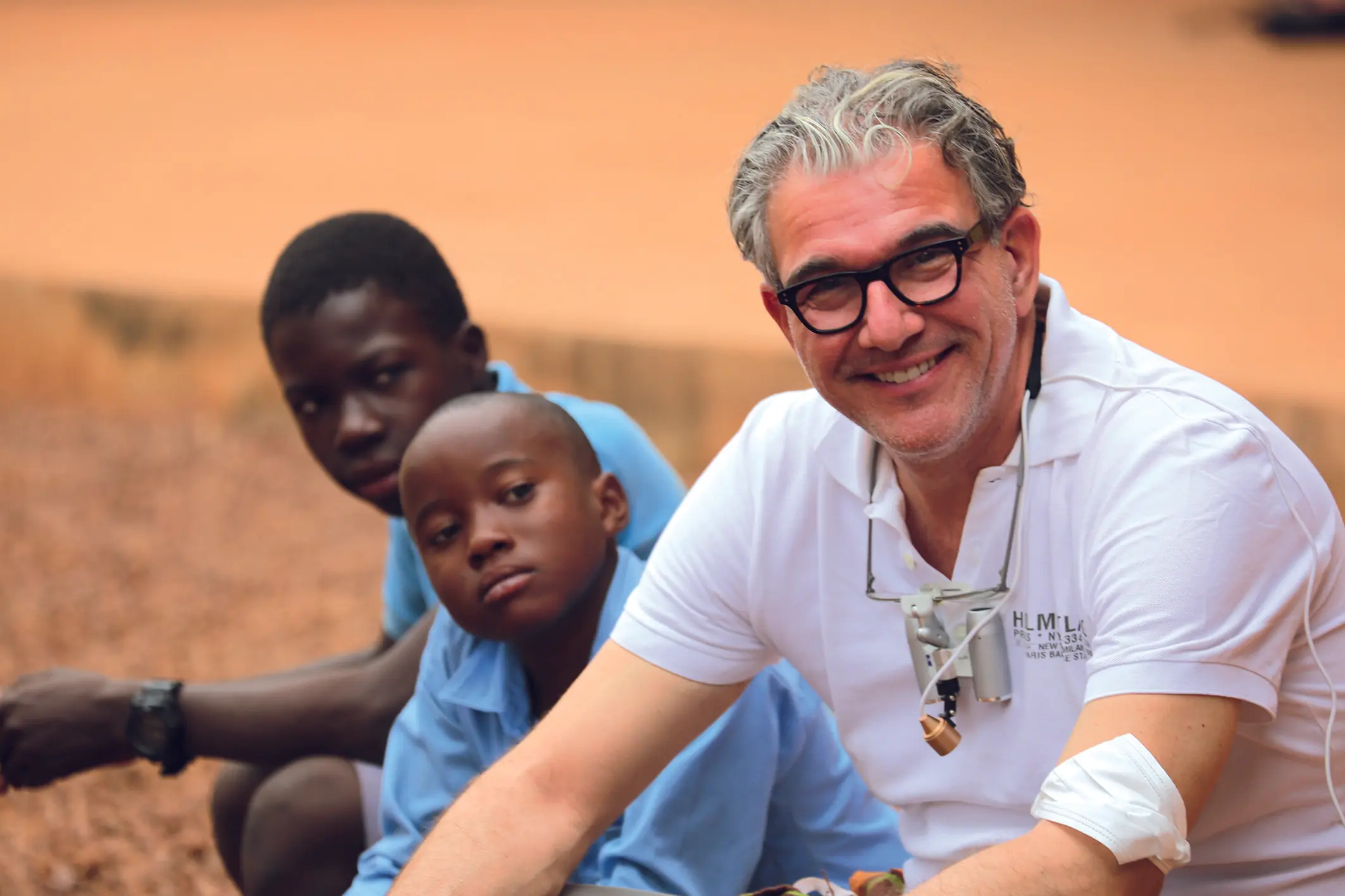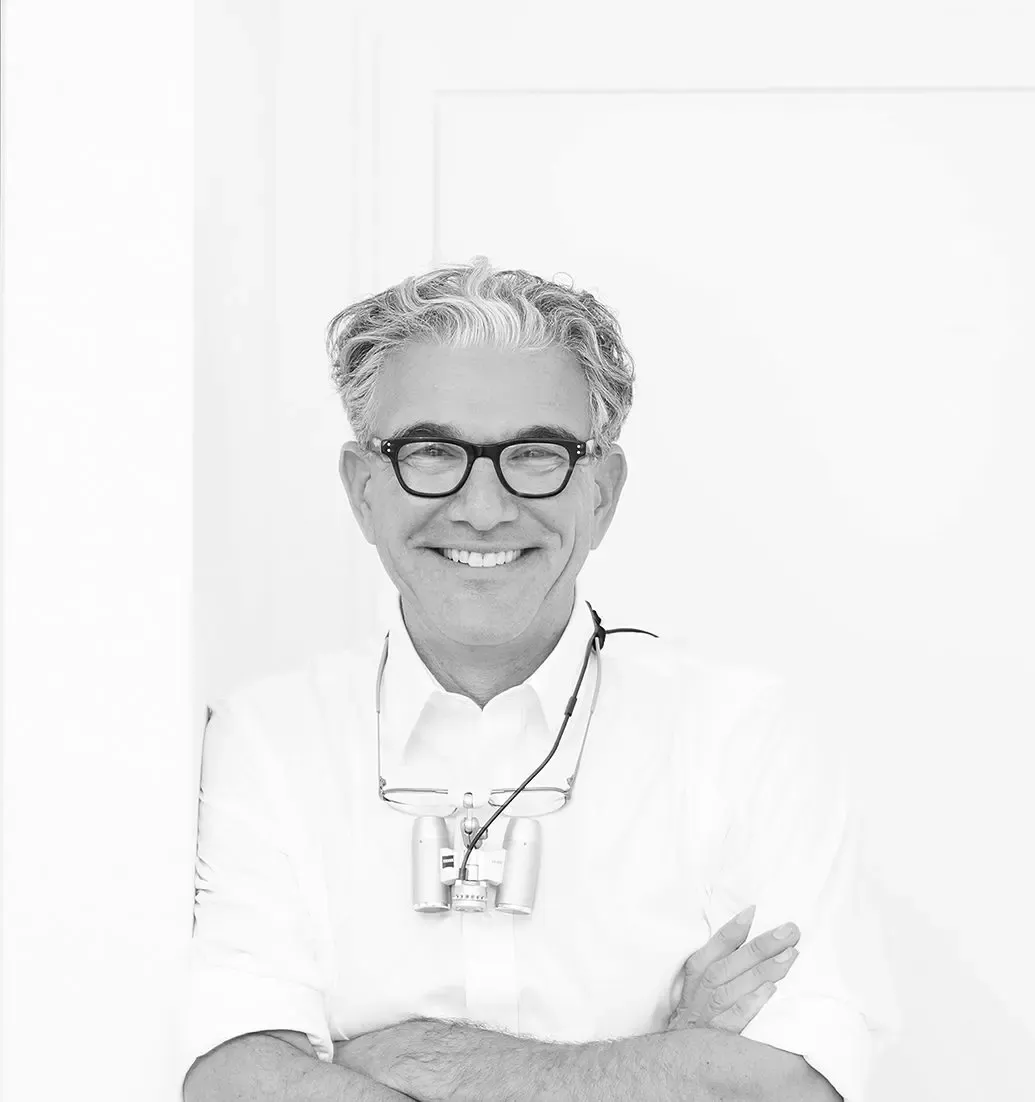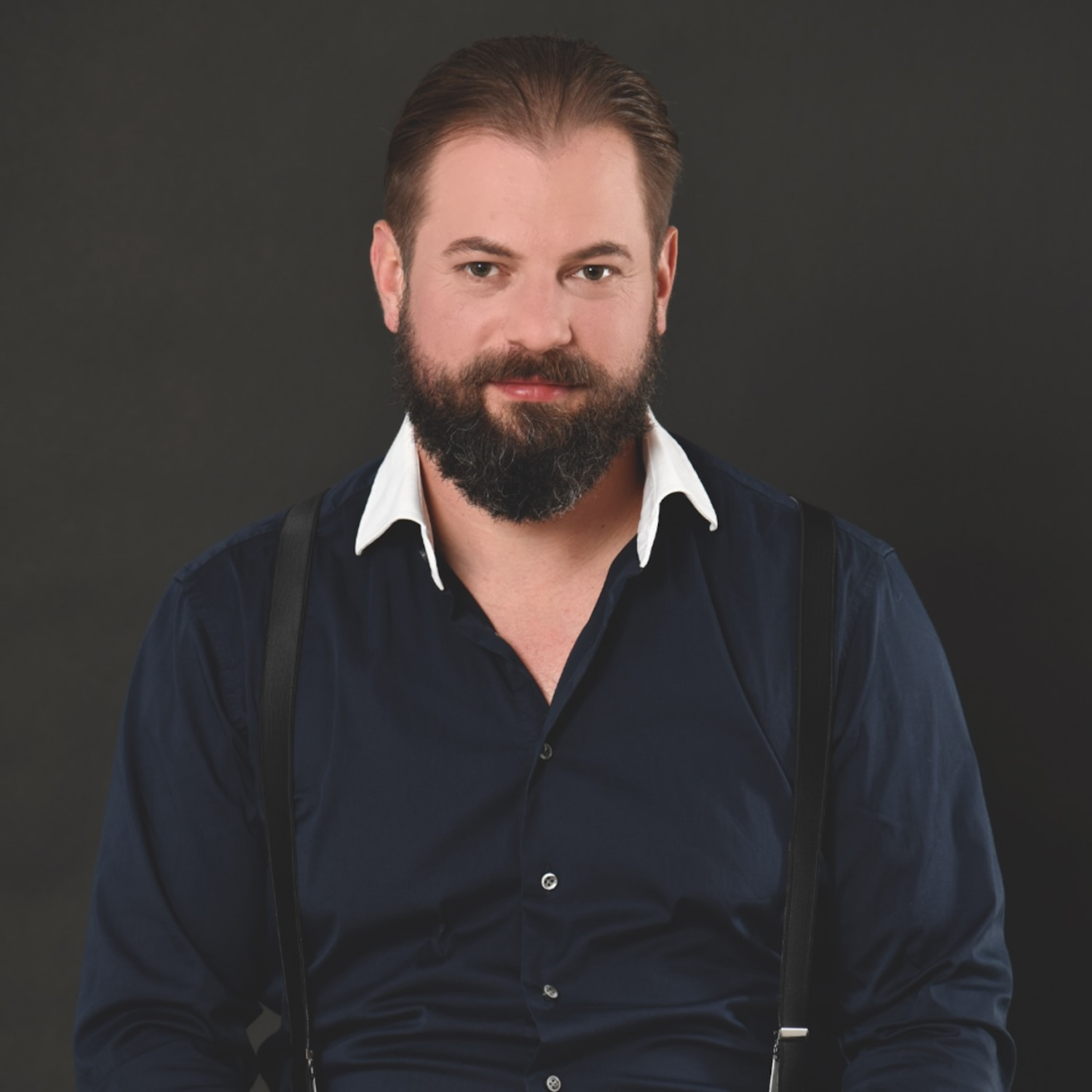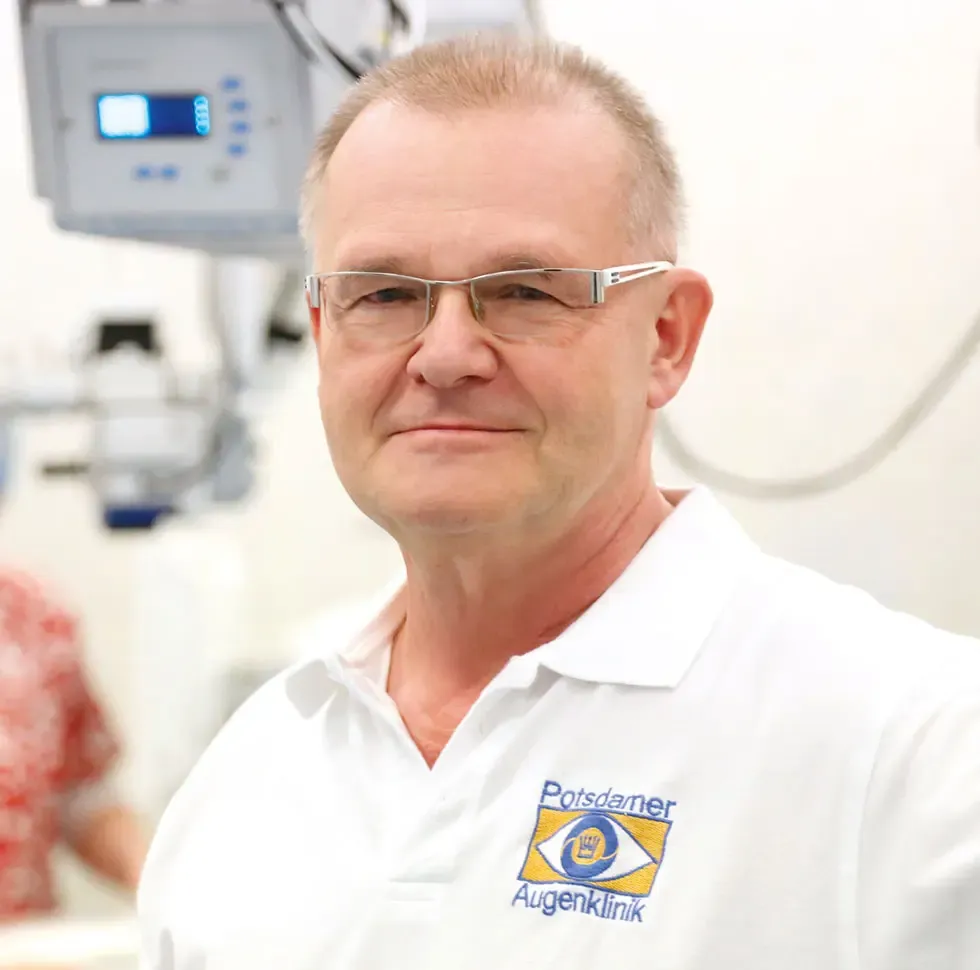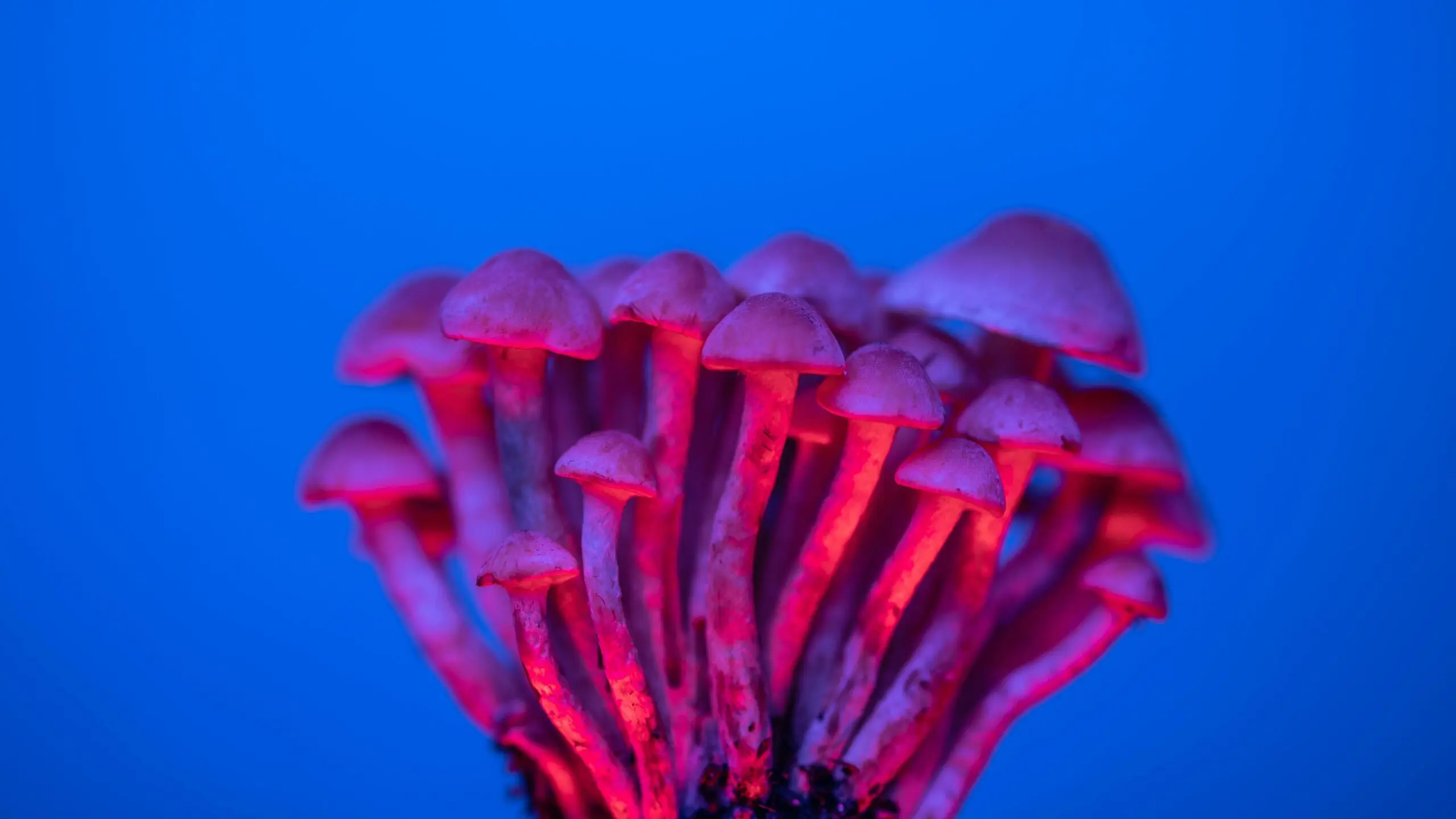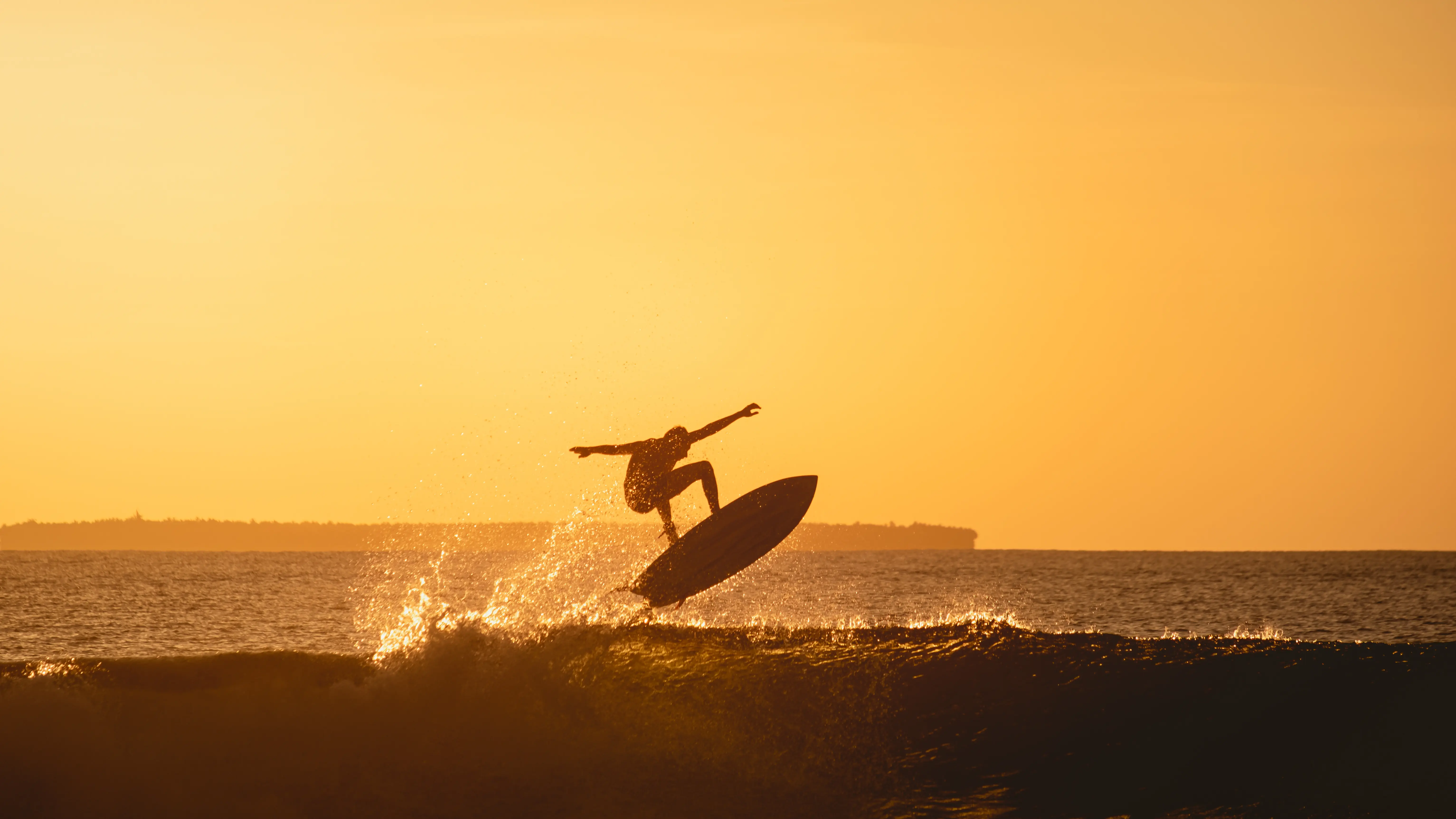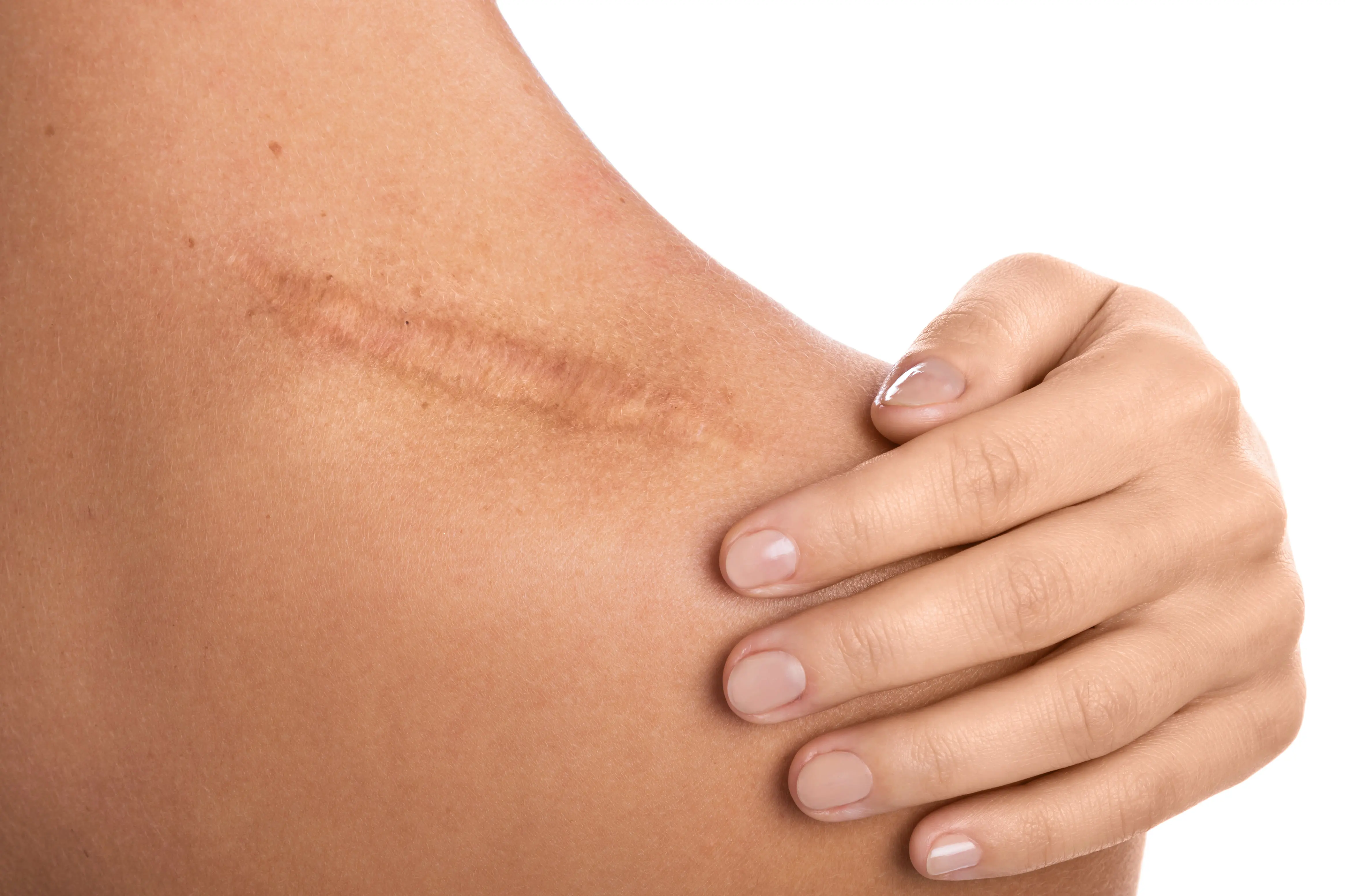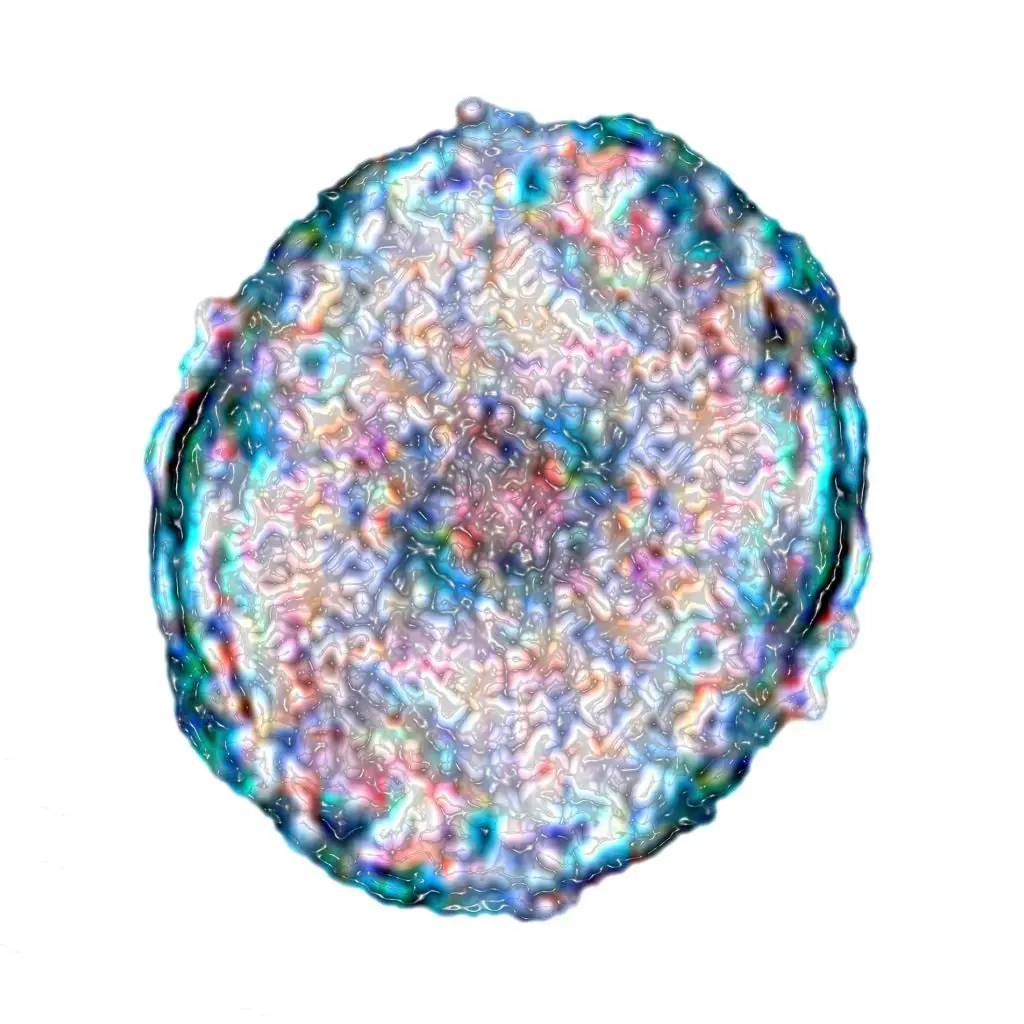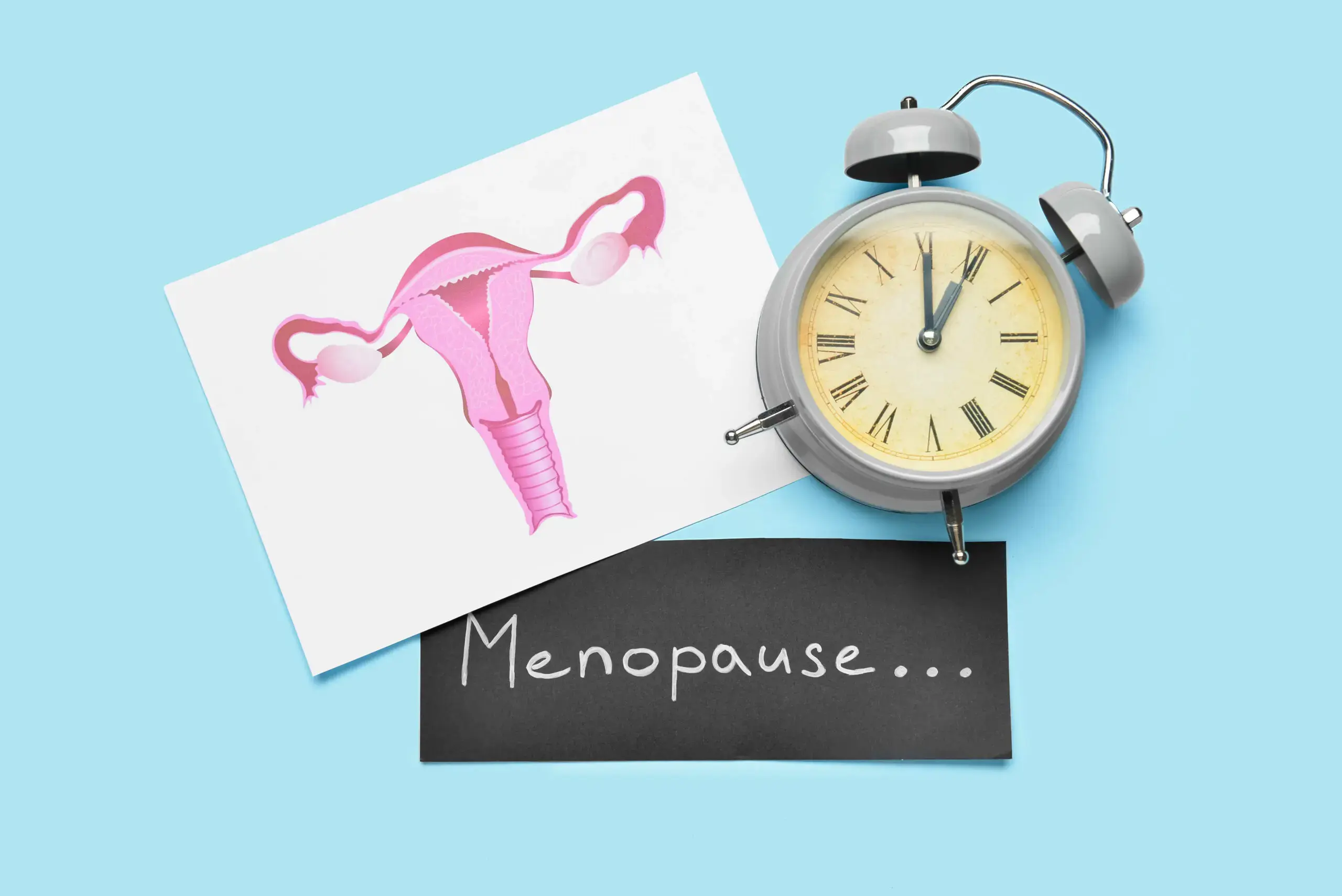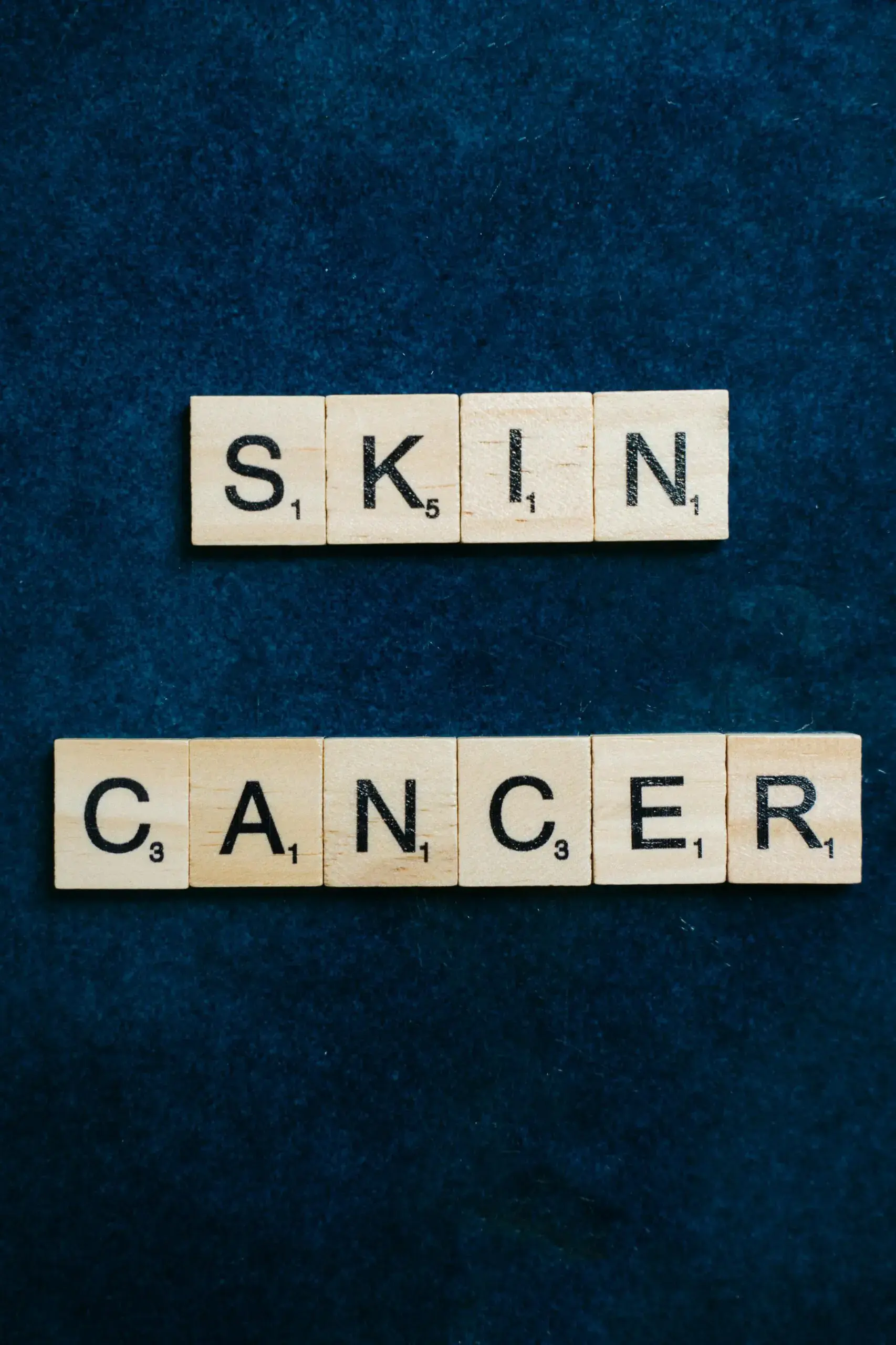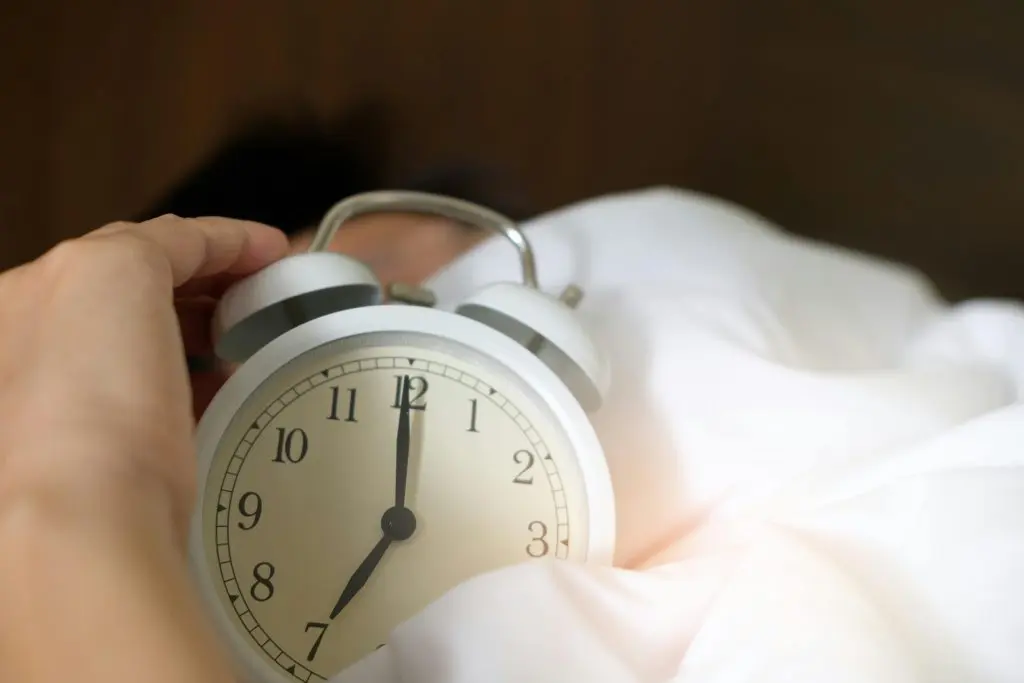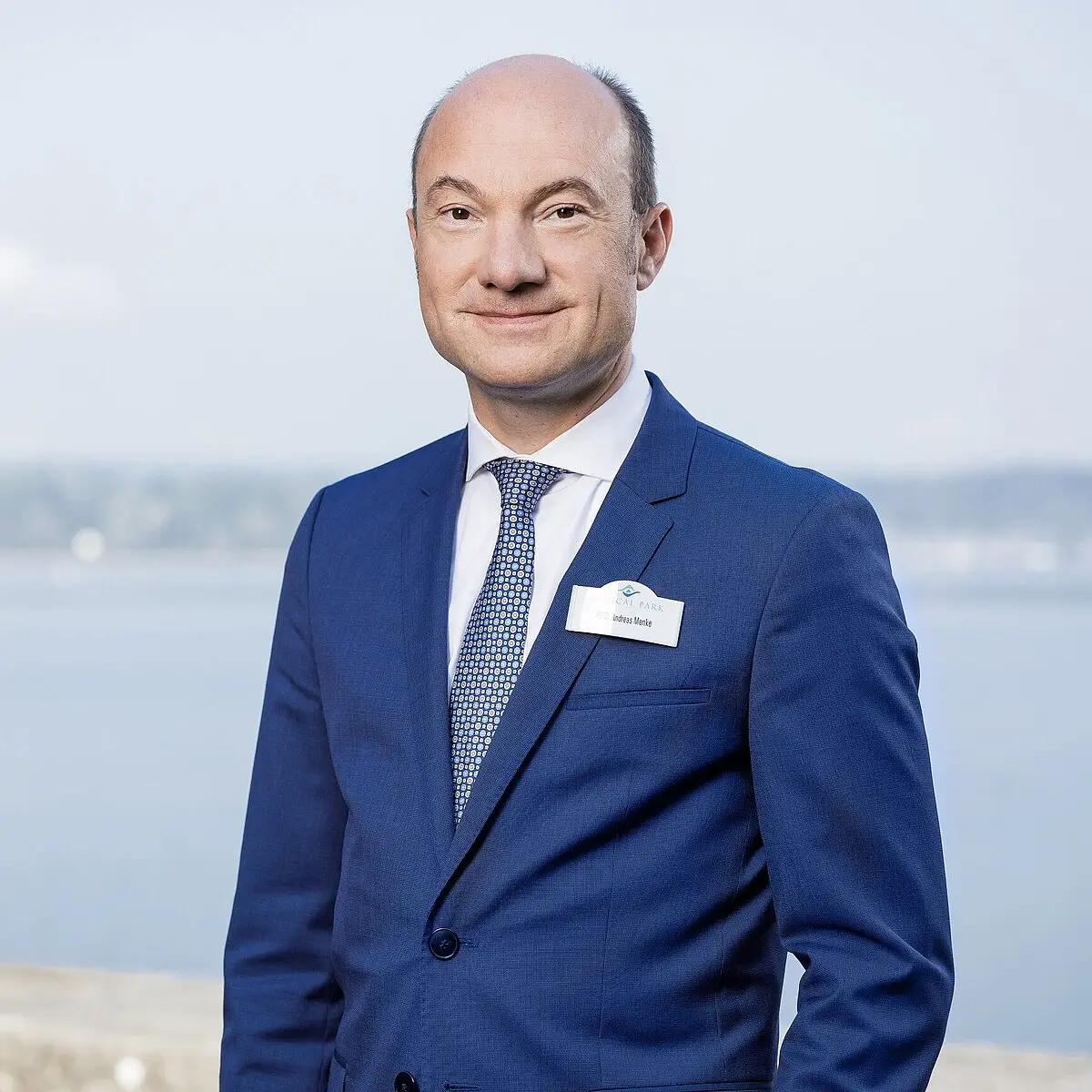
Services
A vacation for the soul
It almost feels like checking into a vacation resort—because the Medical Park Chiemseeblick specialist clinic for psychosomatic medicine is located in one of the most beautiful areas of Bavaria. “View” is something of an understatement – because you can't get any closer to Lake Chiemsee than this: the listed building is located directly on the shore of the Bavarian Sea, with its own jetty. Mountain scenery included: Kampenwand, Hochplatte, and Wendelstein are within easy reach. As soon as they enter, many guests feel, perhaps only subconsciously, that everything will be fine now, because the warm atmosphere immediately makes them feel welcome. The main building and restaurant are decorated in an upscale country house style, and the reception and service staff wear traditional costumes. There is a cheerful atmosphere in the foyer, as well as in the café on the lake terrace. The park invites you to take a stroll. And if you like, you can swim in the lake or do laps in the hotel's own swimming pool. The rooms and suites are also more reminiscent of a hotel than a clinic.
Medical Park Chiemseeblick combines an idyllic setting with luxurious facilities and first-class medical care. The renowned specialist clinic for psychosomatics offers tailored treatment concepts for both acute and rehabilitation medicine. The medical-therapeutic treatment focuses are on psychosomatic disorders, i.e., diseases in which psychological and physical causes are mutually dependent and maintain each other. These include burnout and stress-related disorders, anxiety disorders, ADHD, grief, and the entire spectrum of depressive disorders. For diagnostics, a laboratory and a sleep laboratory are also available in the house.
"Integrate as much of the original as possible into your life!"
Prof. Dr. med. Andreas Menke
Chief physician and medical director since 2020 Prof. Dr. Andreas Menke. His clinical and scientific focus is on the study of depression, which he has already researched at previous positions at the Max Planck Institute of Psychiatry in Munich or as a senior physician at the Psychiatric Clinic of the University Hospital Würzburg. Psychiatry and psychosomatics fascinate him time and again. “We deal with the brain, with feelings, perception, decisions, and many other processes of consciousness that make us who we are,” says Menke. “This also has a high societal relevance. Besides, there are many diseases in our field that can be treated really well, even if they initially cause great suffering.”
Just like depression – or bipolar disorders – and ADHD, two conditions that Menke has newly brought into the clinic's focus. Especially ADHD is now also an issue for adults, and the diagnosis often leads to great relief for those affected: Because they finally know what is wrong, they can now tackle it professionally. Admitting it, being able to talk about it, and not being looked at askance is the first step towards recovery in the field of mental health.
That's why Menke also founded the "Chiemsee Alliance Against Depression e.V.". Such regional alliances, which are under the umbrella of the German Depression Aid Foundation, aim to help reduce barriers – both in society and for those affected. This is the purpose of events like the Mental Health Café, which takes place regularly in a local venue in the region and is open to anyone interested in mental health interest.
Integrating nature into therapy
Even in therapy, Prof. Dr. Menke repeatedly takes special paths. And as is often the case, the good is close at hand: "Therapeutic sailing on Lake Chiemsee helps as an exposure treatment so that patients can better cope with issues such as loss of control, taking and relinquishing responsibility," he reports. Such a boat team then consists of a skipper, a psychotherapist, and four patients. "Here you learn to endure that you are not so good at something or that someone else does it better. Wind and weather, to which one is exposed, do the rest," explains Menke. A study on the effectiveness of this therapy is currently underway at the Ludwig-Maximilians-University in Munich, for which Medical Park serves as a teaching hospital.
Integrating nature into therapy has proven itself according to Menke's experience. That's why he also introduced forest bathing. In this mindfulness exercise - known in Japanese culture as ‘Shinrin Yoku’ - it's about engaging with the forest experience with all senses: the green, the scent, the sounds, how the ground or the trees feel. "After two hours you already feel better," says Menke, "the anxiety-relieving and antidepressant effect is now scientifically proven." His new approaches also include therapeutic climbing on the in-house climbing wall. "It's about self-efficacy, the feeling that you can make it up the wall," explains the doctor - "a feeling often lost in depression." And there's another new, unusual relaxation technique to be found at the clinic: Lego for adults. "The value-free building, putting stones together, trains mindfulness and helps reduce stress," the expert says.
And how does he personally relieve stress? For example, by gliding across the lake on the stand-up paddleboard (SUP); or by getting back in balance on the small surfboard-shaped balance board that stands in his office.
Any more tips for mental health? "Integrate as much nature as possible into your life! Exercise and natural eating are important. Also relaxation techniques like progressive muscle relaxation, which you can use anytime to quickly calm yourself in stressful situations - even without anyone noticing," Menke recommends. But the most important thing is social interactions. And that includes the everyday ones, like the short conversation at the bakery or on the bus."










